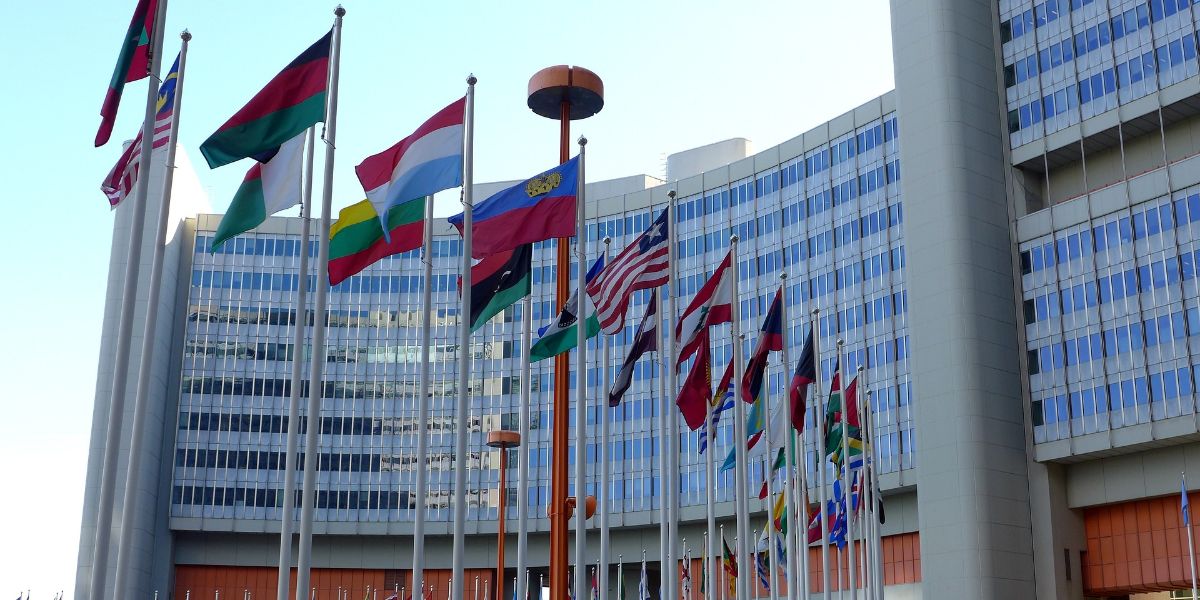The 28th session of the UN Committee of Experts on International Cooperation in Tax Matters is being held from 19 to 22 March 2024.
The digital economy subcommittee in its workstream B has been considering the function and relevance of physical presence tests in the digitalised economy, in relation to the allocation of taxing rights between the residence and source States.
The use of physical presence in a State as the basis for establishing taxable nexus was relevant at a time when international trade was mainly in goods rather than services. In the current global digitalised economy the cross-border trade in services has increased dramatically and services can be provided electronically without the need for physical presence in the country of the recipient of the services.
New Article on services
There is a lack of consistency in the physical presence tests currently included in the UN Model. To increase consistency of the treatment of services and to increase simplification, a new Article has been proposed for the UN Model, currently referred to as Article xx. The new Article would combine Articles 5(3)(b), 12A and 14 into a provision relating to certain cross-border business services. The draft article and commentary have been drawn up by the relevant subcommittee with the help of the outside expert Brian Arnold.
The new article would provide for a maximum rate of withholding tax, to be agreed by negotiation between the contracting States, to apply to fees for services arising in a contracting state. Fees for services would be defined as any payment in consideration for a service, subject to certain exceptions. The exceptions would be payments to an employee of the person making the payment; payments by an individual for services for the personal use of an individual; payments for automated digital services which are covered by Article 12B of the UN Model; or payments to an insurance enterprise for insurance.
For purposes of the new Article, fees for services are deemed to arise in a Contracting State if the payer is a resident of the State or if the person paying the fees, whether a resident of a Contracting State or not, has a permanent establishment in a Contracting State in connection with which the obligation to pay the fees was incurred, and the permanent establishment bears the fees.
The draft new Article does not provide any time threshold for presence in a contracting State before the services become taxable. The Committee members consider that inclusion of a time threshold for performance of services in a contracting State, as in the existing Article 5 (3) (b), can provide opportunities for tax avoidance by structuring activities to remain under the threshold. A physical presence test would therefore not be included in the draft new Article.
Further discussion of the Article
On 20 March 2024 further points were discussed by members of the Committee in relation to the draft Article and commentary. Some members of the UN Tax Committee would prefer to see more analysis of the types of services that are not covered by current provisions, and calculation of the impact of their inclusion in the proposed provision. The commentary to article 12A cited the fact that developing countries were disproportionately importers of technical services as one of the justifications for article 12A. It was suggested that a similar analysis should be undertaken for all services to determine the impact on developing countries of the expanded provision.
Some committee members raised concerns about the gross basis of taxation, which could result in over-taxation. The related costs may differ from one service to another, and the resulting tax could be higher than under the net basis. Some members of the Committee considered that a net basis could be included in the new Article as an alternative, as currently done in article 12B.
However, the net basis would be difficult to administer. It would be difficult to apportion to the services the related costs incurred in other jurisdictions. The tax administration of the source state would have difficulty in checking the calculation of the costs. To reduce the possibilities for tax avoidance the computation of costs incurred to arrive at the net profit would need to be done by a formulary apportionment using agreed factors and ratios.
Some Committee members questioned the extent to which the new provision would be of benefit to developing countries. Concerns were raised as to whether developing countries would be able to successfully negotiate inclusion of the article in their tax treaties, given its comprehensive nature. To help developing countries with this issue, further advice could be included in the UN Manual for the Negotiation of Bilateral Tax Treaties between Developed and Developing Countries.













